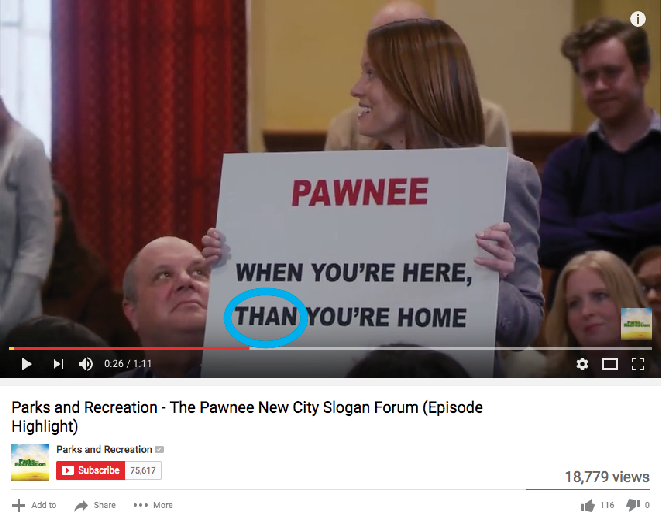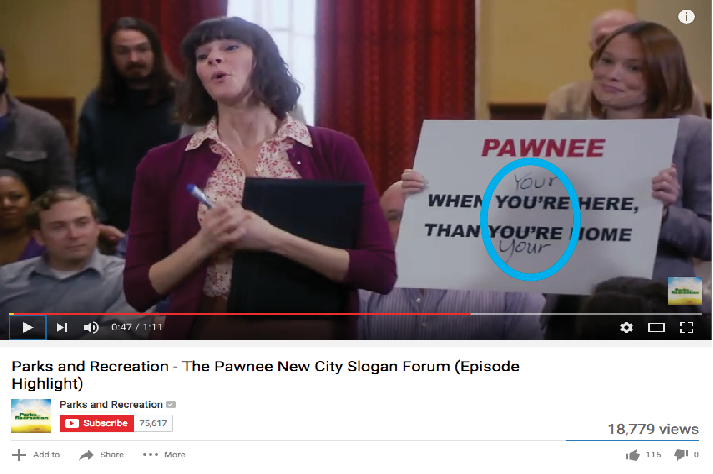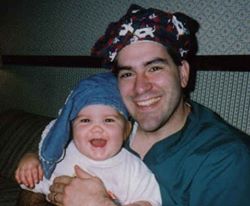Originally published in BYU-Idaho Scroll March 1, 2016. I co-wrote this story with Sam Lloyd.
Mari Birch sat in a dirty hospital room in Africa. She was worried. Her father had cancer, and she knew he was dying. Her family had paid everything they could in order to give him the best room in the hospital and care possible.
Birch remembers being 9 years old and hearing her mother cry in the hallway, confirming her fears. Her father had died.
One in nine people have lost a parent before they turn 20 years old, according to a study by Greenwald and Associates for The Wall Street Journal.
Birch is one example of someone who has experienced parental death. Grief is a complex, natural process with many possible solutions, but adaptations, emotions and life lessons are all part of the experience.
A child must grieve. The son or daughter needs time and the opportunity to cope with the loss of a parent.
“When we are young, we form attachment relationships with our parents/caregivers,” said Erika Nordfelt, a counselor at the BYU-Idaho Counseling Center. “Those attachments have great influence on how we continue to interact and connect in other significant relationships as adults.”
Nordfelt said the significance of the relationship to the lost individual determines the severity of the emotional damage that is incurred to the child.
“If it is a close relationship, there will be a pain that never fully goes away,” Nordfelt said. “However, for them to fully move forward, they must create a new relationship with that pain.”
In the aftermath of a parent’s death, children are forced to adapt to life without a parent. Many changes are immediate and practical: lower income levels, changing residency and taking on new familial roles to substitute the loss.
When Birch’s father died, the dynamic of her family situation changed, income levels dropped, and her mother became distraught. Birch said she knew she was going to go into an orphanage soon after her father’s death.
Birch, a freshman studying communication, moved across the world after her father’s death. She was placed in an orphanage until a family from the United States adopted her. She had no contact with her birth family until she was 18 years old. She was confused and emotional, wondering “Why me?” and if her family truly loved her. She thought she was the reason for her father dying, which caused her to move across the world.
She said her adoptive family has been supportive and she loves them, but she has not been able to grieve with her biological family because they are all in Africa.
“It was super hard,” Birch said. “I’ve never gone back (to Africa) to grieve.”
After the initial temporal adjustments are made, children are confronted with an internal grieving process that must take its course.
Nordfelt said grief envelops all aspects of the child’s life. Each individual shows grief in character and in their own way.
“If they are a quiet person, their grief will appear quiet,” Nordfelt said. “If they are a dramatic person, their grief will be dramatic. It is still a painful and sometimes long process, but they will deal with it similar to how they deal with most significant trials.”
John Cheung, a junior studying exercise physiology, lost his mother at a young age and his father in his 20s.
He said he was sad when his mom died, but the grief did not really hit him because death was a new concept to him. Death had a greater impact on him when his father died.
“I was extremely sad because I never got the chance to say how much he means to me and that I miss him,” Cheung said.
Cheung said that because of the loss, he needed personal time to accept how much he loves his parents and how much he misses them. He did not talk to many people while he grieved and coped with his loss, but he did talk to his best friend, Nick.
One common factor of the grieving process is learning and having new life lessons.
Asami Furutani, a senior studying business management, said her father died after being in a coma when she was 29 years old. After his death, Furutani realized she can no longer have experiences with her father.
“I can’t make up anything for him on the earth anymore,” Furutani said. “I can’t talk to him. I can’t hear his jokes and laughs. I can’t even hate him. Nobody gets mad at me like him. Nobody tells me I shouldn’t date a bad guy. Even if I ever get married, he can’t be there. Even if I ever have kids, he can’t see them or hold them.”
Furutani said she urges individuals who still have their parents to make their relationships stronger.
“Please fix your relationship while they are still alive,” Furutani said. “Please don’t be stubborn. Please don’t procrastinate it. Because, when he or she dies, you will regret it.”
Grief is a natural process, and those grieving should not feel pressured to move on.
“It is OK to take the time out to grieve, and do not keep it inside of yourself; it will eat you up,” Cheung said. “Find someone who you trust and are able to confide in and make sure they are supportive of your situation so that you can take the opportunity to grieve.”






